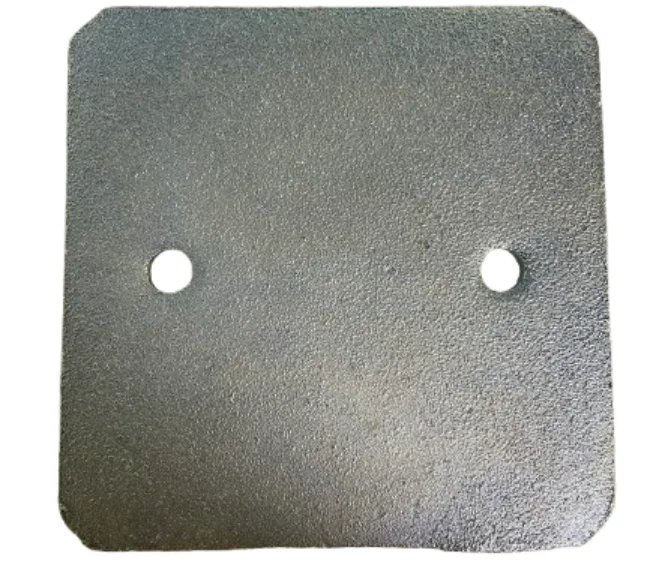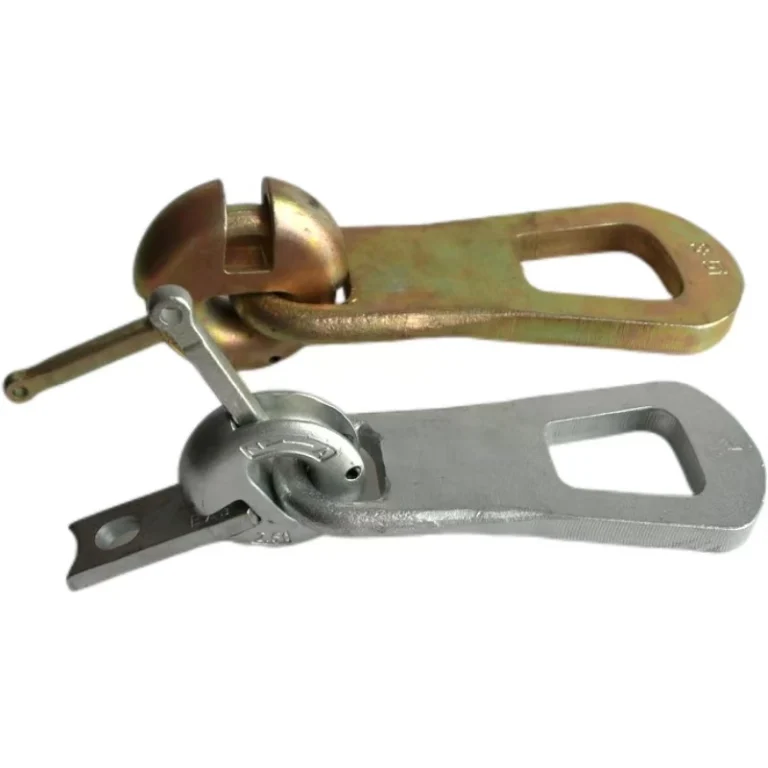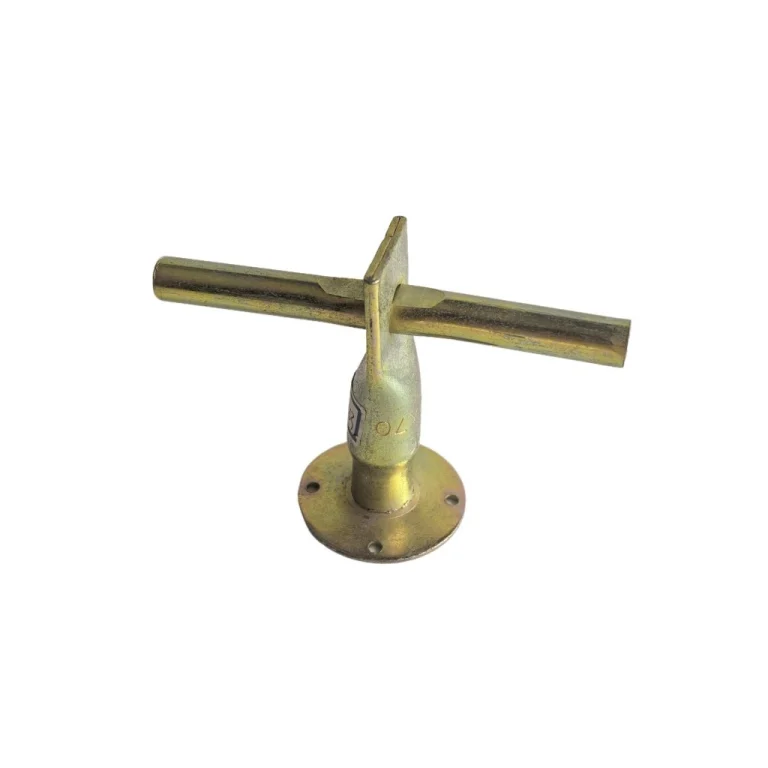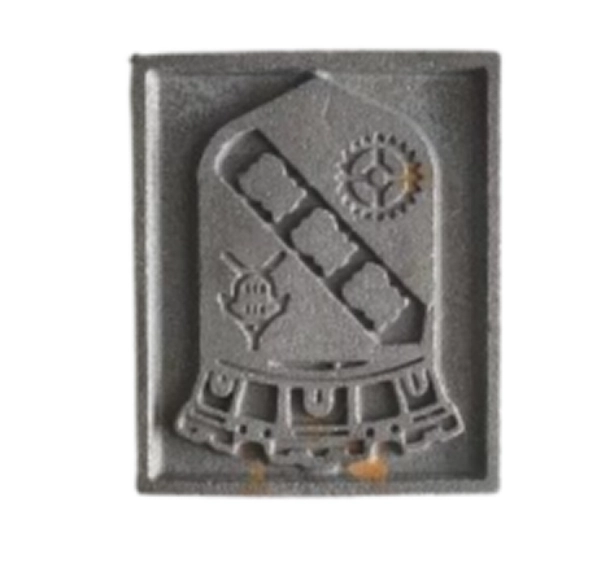Overview of Cast Iron Manhole Covers
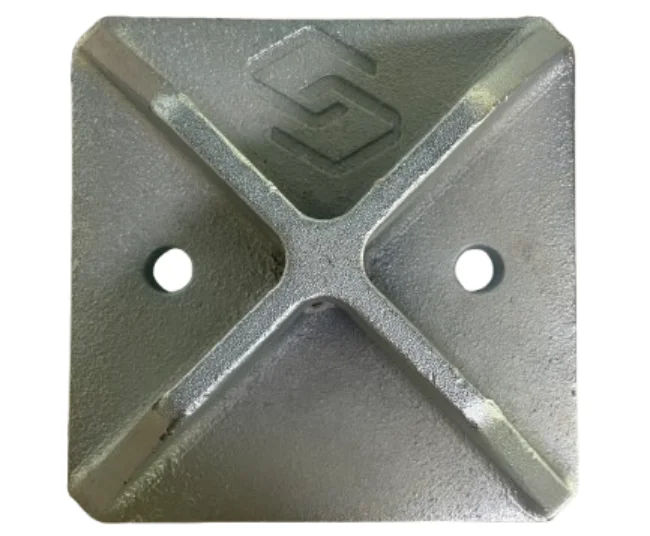
Significance of Manhole Covers in Urban Infrastructure
Manhole covers serve a significant role in urban infrastructure via easy access to subsurface installations like sewer, electricity, and water pipes. These parts prevent unauthorized pedestrian and vehicle drops into maintenance trenches and shield subsurface networks from damage outside. Uniformity and durability of manhole covers are essential in maintenance of cityscape stability.
Characteristics of Cast Iron for Sewer Application
Cast iron is among the widely used materials for the production of manhole covers due to the presence of superior mechanical properties. The material possesses adequate mechanical strength, abrasion, and resistance to environmental stress, thus being ideal for sewer applications. The material has excellent thermal stability, which ensures that it remains uniform in functionality regardless of fluctuations in temperature, an essential consideration for outdoor applications.
Types of Cast Iron Used in Sewer Covers
Gray Cast Iron: Properties and Applications
Gray cast iron is also widely used in making manhole covers. It owes its name to the gray color on its broken surface because of flakes of graphite in it. The flakes induce vibration damping, suppressing interference due to motion by automobiles.
Its wear resistance and compressive strength qualify it to be a fine option for use in moderately trafficked areas. It is also easily machined and formed, and can be engineered into specific configurations to address the specific needs of the city.
Ductile Cast Iron: Strength in the Production of Sewer Cover
Nodular cast iron, or ductile cast iron, is much to be desired over gray cast iron. It has microstructure of round nodules of graphite rather than flakes, with improved tensile strength and elasticity. This reduces the susceptibility to cracks and deformation from high pressure.
The enhanced mechanical strength of cast ductile iron makes it best suited for heavily trafficked places like industrial districts and highways. Its resilience against dynamic loads assures effective function even in stressful environments.
Important Cast Iron Manhole Cover Traits
Long-Lasting, Weather Resistance
Cast iron manhole covers are well known for their durability and long lifespan. They withstand harsh weather conditions such as hot weather, heavy rainfall, and sunlight without deteriorating to any significant degree. This is economical in terms of replacement, offering a cheap solution for city infrastructure.
Heavy Load-Carrying Capacity for Heavy Traffic Conditions
One of the features of cast iron manhole covers is that they can resist heavy loads. They are strong enough under heavy trucks or pedestrian traffic, a requirement in heavy equipment industrial areas or heavily populated city areas.
Corrosion Resistance and Its Role in Prolonged Service Life
Corrosion resistance is crucial in order to make manhole covers more durable. Since cast iron resists rust by nature, additional treatments or coatings are introduced to offer additional resistance to this feature. Not being damaged, such covers guarantee the reliability of sewer systems.
Benefits of Cast Iron Manhole Covers in Sewer Systems
Resistance to Theft Due to Material Weight
Cast iron manhole covers’ weight discourages thieves. Their dimensions, too, make it inconvenient to take them off without equipment in unauthorized thefts, which protects sewer lines in areas with high theft levels. The weight also makes it difficult for covers to be pushed off by traffic or external forces.
Better Grip Because of Coarse Surface Design
Cast iron covers themselves tend to have textured or patterned surfaces as one method to give them greater traction. This design minimizes the occurrence of slipping on rainy or slippery roads, hence more efficiently guaranteeing pedestrian safety. Patterned aesthetic coordination also works well with the urban environment.
Compatibility with Different Urban Settings
Cast iron manhole covers can be adapted to meet diverse conditions. They can be designed, molded, and sized to meet residential, commercial, or industrial environments. Branding or city logos may be incorporated, combining functionality with aesthetics.
Factors to Be Taken into Account while Choosing Cast Iron for Sewer Covers
Environmental Conditions: Exposure to Salt and Humidity
Environmental factors like salt exposure and humidity must be tested. Coastal or high-humidity areas enhance corrosion potential. Protective coats or custom coatings may be used to add durability, while function and appearance are retained.
Installation Problems Due to Material Weight
Cast iron material weight of hoods complicates installation and maintenance. Safe transfer requires special lift equipment and qualified operators. Logistical considerations aside, return on investment in the long run often outweighs the cost.
Long-Term Service vs. Upfront Cost
Although cast iron covers are more expensive at the onset than plastic or composite, their durability reduces long-term cost. Their ability to bear loads and withstand harsh conditions provides them with decades of stable service, making them a worthwhile investment.
Qingdao Baoqi Intelligent Co., Ltd., with over a decade of experience in casting and forging from four ISO-9001-certified factories, offers custom-tailored solutions for infrastructure requirements.
Frequently Asked Questions (FAQs)
Why is cast iron used in sewer systems?
Cast iron is used because it is strong, has load-carrying capacity, is resistant to corrosion, and it discourages theft.
How do environmental factors impact cast iron covers?
Corrosion will be accelerated by humidity and salt exposure, but it will be avoided using covers.
What is hard to install?
Weight requires equipment and manpower in a fashion similar to that of safely putting them in place.
Actually, covers can be tailored by size, style, and brand to fulfill specific needs.To know more about Qingdao Baoqi Intelligent Co., Ltd. and their ISO-approved castings, contact them today.

